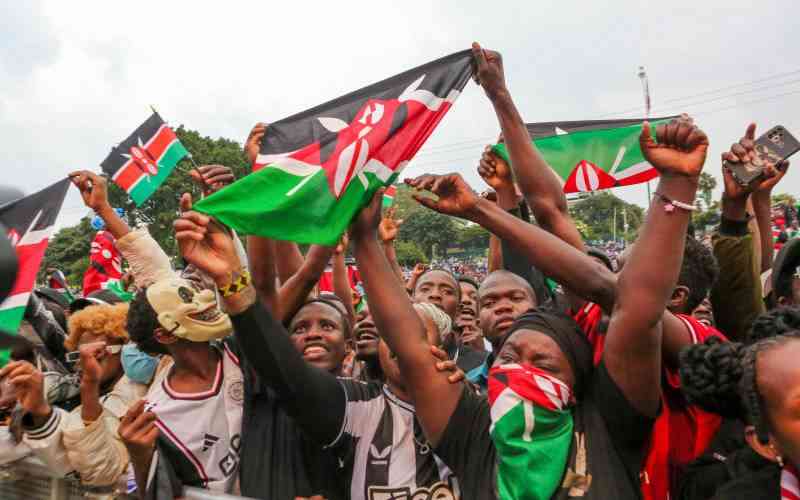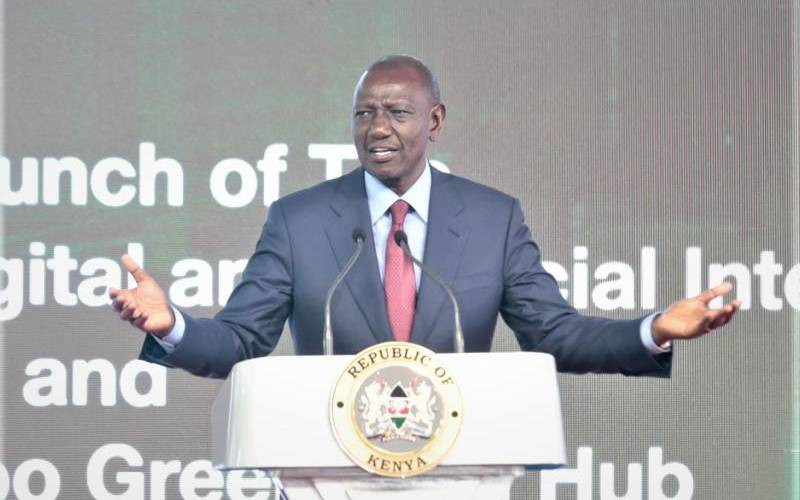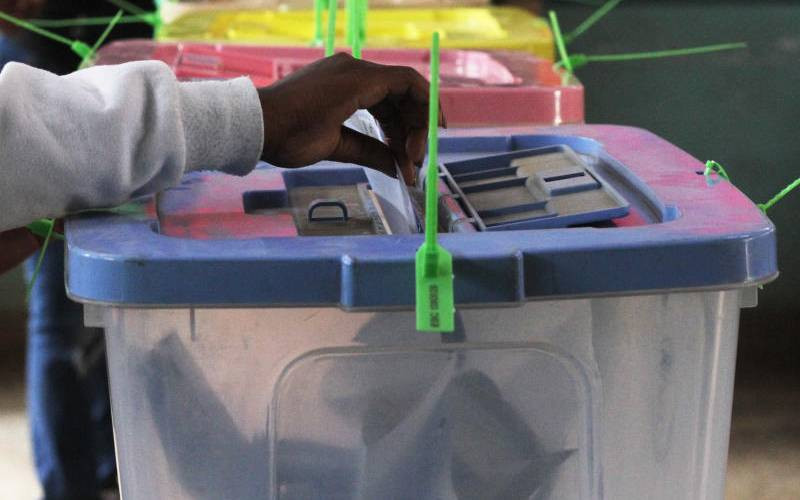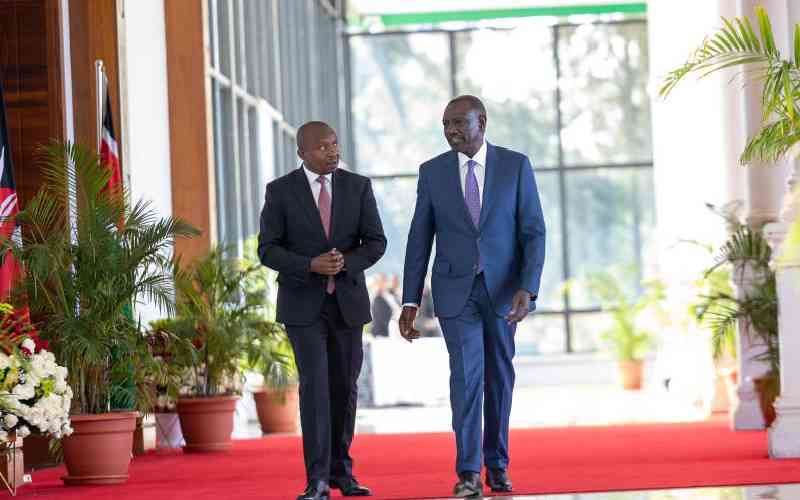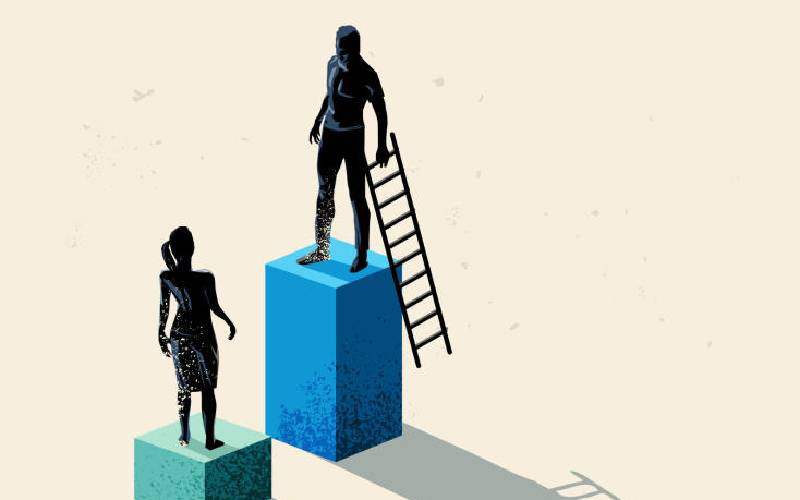
A man and woman separated by height. Gender issues in the business include equal rights and pay gaps. Conceptual vector illustration.
Entrepreneurship is a proven way of supporting women in vulnerable situations, giving them access to financial freedom and improving their families' economic prospects. Women-owned small and medium enterprises (SMEs) equally make significant contributions to the economies in which they operate. Unfortunately, most female entrepreneurs continue to face stiff headwinds in realising the economic growth potential of their enterprises.
This is due to a number of barriers, which can be attributed to various reasons, including low financial literacy, risk aversion, social and cultural norms, as well as tendency for women-owned SMEs to be smaller in size.
Among the key constraints to women SMEs growth in Africa is access to finance, which is considered to be one of the greatest hurdles. On average, 30 per cent of women SME owners see their credit application dismissed by formal financial institutions, following lack of "suitable collateral" (real estate collateral or cash), and another 25 per cent do not even bother to apply for a loan under the assumption that their request will be met with a firm rejection due to lack of appropriate collateral or from past experiences with unfriendly finance institution(s).
In sub-Saharan Africa, only 37 per cent of women have a bank account, compared with 48 per cent of men, a gap that has only widened recently, according to a World Bank report (2021). The findings reflect a worse situation in North Africa, where the silent majority of the adult population remains unbanked, with the gender gap for access to finance standing at 18 per cent, the largest globally.
Closer home, research has it that Kenyan women constitute about 52 per cent of the country's population and about 30 per cent of the registered businesses (so far) are women-owned, yet their financial inclusion remains lean. This is mainly because women only hold less than 10 per cent of the registered title deeds in the country, which makes it difficult for women-led SMEs to access higher amounts of credit usually supported by a collateral (secured credit).
These striking figures have consistently posed pressing questions to the policymakers in Africa. What is it exactly that has continued to fuel gender disparity in access to finance? And why, is the gap growing even wider today; more than a decade ago? Closing the gender inequality gap therefore remains an economic challenge and necessity across the region especially during the post pandemic era.
In addition to unleashing their economic contribution, women entrepreneurs establish businesses much faster, yet they are held back by the barriers to funding. Fortunately, there is hope for the Kenyan woman entrepreneur.
As a strong voice for the country's small and medium enterprises and innovative startups, which constitute 98 per cent of the country's businesses, Credit Bank, with other development partners, recently sought to give women-owned small businesses the resources and support they require to keep innovating, creating, and building; through the Elev8HER programme. Women businesses can now access funding with lower collateral than banks traditionally have required.
Given the major role SMEs play in the country's economy, increasing access to financial services for women entrepreneurs is critical to support economic development. Comprehensive action by multiple stakeholders, such as financial institutions, government bodies, DFIs, and other private sectors, is needed to address women barriers. Equally important is skills building for women entrepreneurs and initiatives that provide them with low-cost access to networks that enable them to work together to challenge social norms and advocate for change.
This is because women offer vast potential as economic growth and innovation drivers, hence the appropriate time to unleash that potential is now.
 The Standard Group Plc is a multi-media organization with investments in media platforms spanning newspaper print
operations, television, radio broadcasting, digital and online services. The Standard Group is recognized as a
leading multi-media house in Kenya with a key influence in matters of national and international interest.
The Standard Group Plc is a multi-media organization with investments in media platforms spanning newspaper print
operations, television, radio broadcasting, digital and online services. The Standard Group is recognized as a
leading multi-media house in Kenya with a key influence in matters of national and international interest.


